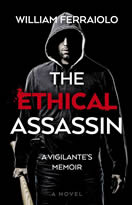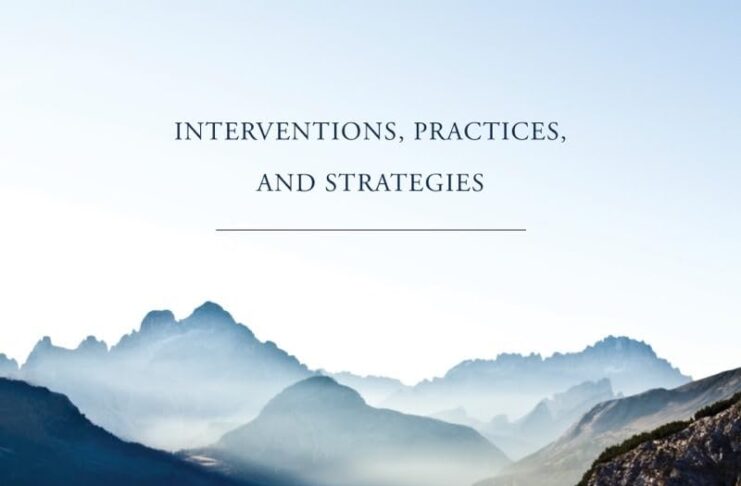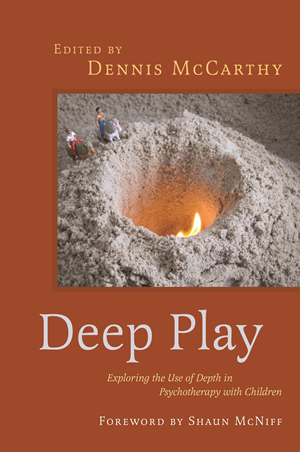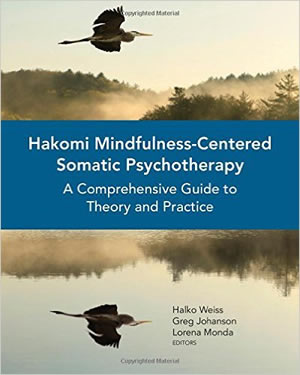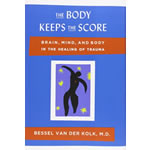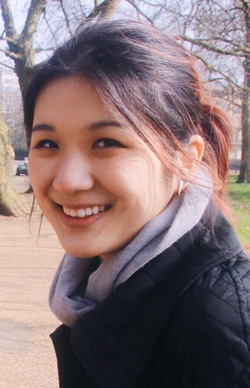Book Reviews
- Association News
- Authors Reflections
- Book Reviews
- Carleton's Corner: Books Worth a Read
- Carleton's Corner: Books Worth a Read - Jacquie
- Contributors
- Conversations on Relational Implicit
- FEATURED ARTICLE HOME PAGE
- Featured Article Writer
- Global Perspectives
- In Memory Of
- July - Summer Edition
- July Issue Contributors
- july-2019-issue
- March - Spring Edition
- March Contributors
- march-2019-issue
- Mind/Body/Spirit
- November Issue
- Past Issues
- Portfolio
- Relational Mindfulness
- Specialized Psychology
- Subscribers
- Take A Tool
- Tribute
- Videos

